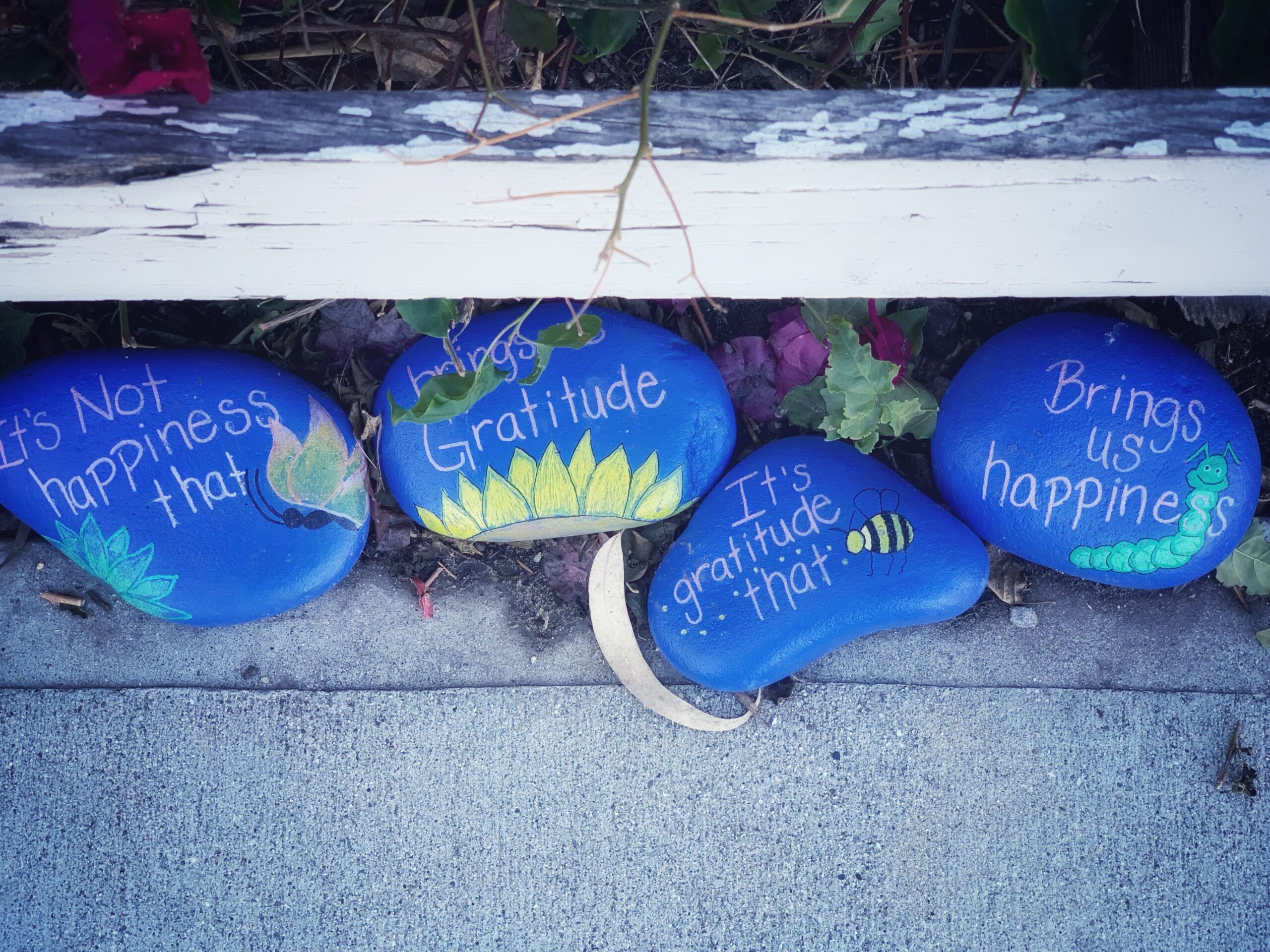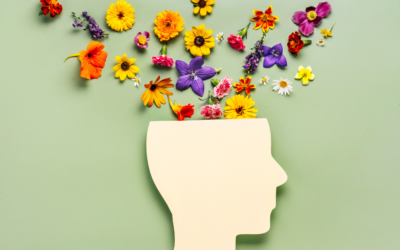Gratitude has become a bit of a buzz word in mental health and spiritual circles, and perhaps for a good reason. When we truly embody gratitude – meaning really feeling and experiencing it in our hearts and deep in our bones – we can actually reduce stress and anxiety, increase empathy, better cope with adversity and feel more connected and supported in our relationships.
But you can’t fake it. Just saying or jotting down that you’re grateful for your home or your favorite ice cream flavor being back on the menu doesn’t mean you’re necessarily feeling it.
To really experience gratitude, you have to move beyond the functions of the thinking mind like categorizing and labeling. By taking a mindful approach, you’re more likely to capture the true essence of the thing you’re expressing gratitude for – all the ways it engages your senses, lights you up and brings delight into your day.
Here are some tips to help you get the most out of your next moment of gratitude
Set the intention
You don’t have to have a formal gratitude habit or ritual (although that can be really helpful) to begin to pay attention to the people, places and things that bring you a sense of connection, joy and belonging. This can be as simple as jotting down the word “gratitude” on a sticky note and keeping it near your computer or another place you frequent.
By shifting our focus to the things we’re grateful for, we are not trying to bypass any real pain or hardship that we may be experiencing. We are simply making space for noticing the good that is always there, even if it might be hidden at the moment.
Pause and get curious
Once you’ve set an intention to notice what you’re grateful for in your life, get curious about the little things that may be a part of your everyday routine, things that are easy to take for granted. I’ll use my daily cup of coffee as an example.
It’s very easy to move through my morning routine which includes making and drinking coffee, without paying much mind to it. But when I stop to pause and notice the feelings that come up as I grind the beans, pour the water in the coffee maker and listen to the bubbling sounds of it beginning to brew, I feel a sense of coziness, comfort and the relief of predictability wash over me.
Some questions you might want to ask yourself about what you’re expressing gratitude toward:
- What does this bring to my life?
- How do I feel toward (person/place/thing/experience?)
- How is my day even 1% better because of this?
- What sensation(s) do I notice in my body when I bring my attention to (focus of gratitude)?

Engage your senses
Once you’ve paused and gotten curious, it’s time to notice all the ways in which your object of gratitude lights you up.
Invite yourself to notice:
- What do I see? (Continuing with the coffee example, I might notice the way the cream I put into my coffee creates swirling patterns on the surface)
- What do I feel? (the warmth of the mug as I hold it in my hands)
- What do I hear (the grinding of the beans)
- What do I smell? (the aroma of the coffee as it brews)
- What do I taste? (the mixture of sweet and bitter in my mouth)
You don’t have to worry about putting a name to every sensation or feeling that comes – just notice.
Don’t save your gratitude only for the good times
You don’t have to wait until there’s something obvious to be grateful for. Start with the little things that can easily engage your senses (like that cup of coffee, or the feel of the sun on your skin after several rainy days, or the smell of freshly washed sheets) and make it a practice. Throughout my life and particularly in hard times, I’ve found that taking a moment at the beginning and/or the end of each day to write down and reflect on at least one thing I’m grateful for helps me feel more centered, grounded and connected to my and others’ humanity.
Another thing you can do is find a gratitude accountability buddy. Decide on a time of day when you will share something you’re grateful for and text each other that thing or things. This can also be great for combatting feelings of isolation or loneliness.
When things are going well in our lives, it can be easy to take stock of all of the good that is there, and I fully support you doing this! However, cultivating a practice of noticing and sitting with feelings of gratitude can actually be a protective factor for the inevitable hardships and challenges that life can bring.




0 Comments